 This book is for Josh
This book is for Josh
and
Isabela and Sofia and Brinley
and Bill, Emily, Syman, Katie, Marshall, Hartley, Becca, Tori, Wesley, David, Ryan, Parker, Kate, Meg, Kristopher, Austin, Kacey, Tucker, Miranda
and Archer, Charlie, Lydia, Satie, Julianne, James, Lela, Branch, Sawyer, Levi, Annabelle, Phoebe, Laney, Ella Kate, Joe, Maryanne, Finley, Davis, Henry, Mimi
and all other kids who want to learn to write right without being bored to death in the process. Text copyright 2016, 2011, 2006, 1997 by Rebecca Elliott.
Illustrations copyright 2016, 2011, 2006, 1997 by
Barrons Educational Series, Inc. All rights reserved. No part of this book may be reproduced in any form or by any means without the written permission of the copyright owner. All inquiries should be addressed to:
Barrons Educational Series, Inc.
250 Wireless Boulevard
Hauppauge, New York 11788
www.barronseduc.com eISBN: 978-1-4380-6825-1 Library of Congress Catalog Card No. 2015945199 CONTENTS Oh, goodyanother grammar book! Who needs another grammar book? Kids, thats who.
A user-friendly, action-packed, fun-filled book for kids who want to learn to write well without atrophying their brains from boredom. When my son was in eighth grade, I volunteered to help his language arts teacher by editing students papers for their writing lab. It was a joy to go inside the kids minds to share their thoughts and experiences, but I was distressed that many of them would not have realized, that this sentence contains
a totally unnecessary comma. Thats one reason I wrote this book. As I edited the students papers, I began to wonder, is it possible to teach kids to love to writeand to love to write correctlywithout boring them to death? I believe it is, and thats the other reason I wrote Painless Grammar . Kids, this book is for you.
I hope this book will help you write better and get higher grades in language arts class, but much more importantly, I hope it will help unleash your creativity, set your imagination on fire, and show you the pleasure that can come from expressing your ideas with clarity and style. Every player on a football team has a specific role to play in the game. The quarterback has one job, the linebackers have another job, and the tackles have yet another job. Similarly, every instrument in the school band has its own unique sound, and the music you hear is created by all those different instruments blending together and working together. Just as the players on the football team or the instruments in the band have their specific jobs, every word in a sentence has its particular job and plays its special role. There are eight parts of speech, and every word in every sentence is playing one of those eight roles.
The eight parts of speech are nouns, pronouns, verbs, adjectives, adverbs, conjunctions, prepositions, and interjections. Many words almost always play one particular role, but sometimes they can switch roles. The word boy , for example, is almost always a noun. However, if you say, Oh boy, what lousy weather, oh boy is an interjection. The word foot is almost always a noun, but it plays the role of an adjective if youre talking about a foot-long sandwich. The word f ly is a noun if youre talking about a buzzing insect, but its a verb if youre talking about f lying in an airplane.
Knowing what part of speech a word is playing helps us understand how sentences are made and also helps us avoid some very common, and sometimes very funny, goofs. Lets explore the parts of speech and some of the mistakes that students often make with them. What is a noun? It is a word that names a person, place, thing, idea, or quality.
| Person | boy, teacher, Josh, doctor, mother |
| Place | Miami, city, countryside, United States |
| Thing | house, tree, horse, bicycle, ice cream |
| Idea | democracy, truth, illusion, fantasy |
| Quality | beauty, caring, boredom, silliness |
We use nouns all the time when we write e-mails to friends or papers for class . (For example , all these underlined words are nouns .) In the next few pages , well look at some mistakes that students frequently make with nouns and Ill give you pointers on how to avoid making those mistakes when you write. When to capitalize nouns Names of specific people CAPS: Tucker, Lola, Juanita, Denzel, the Stevens family, the Joneses NO CAPS: family, boy, girl, sister, cousin
(These are general groups or categories, not specific people.) What about mom and dad? Capitalize them when youre calling your parents name but not when you refer to my mom or my dad.
CAPS: Hi, Mom! Welcome home, Dad. NO CAPS: My father and my mother are busy. Could your mom or your dad drive us to the mall? Days of the week, months, and holidays, but not seasons CAPS: Monday, December, Passover, Easter NO CAPS: autumn, fall, spring, winter, summer  Ranks and titles, but only when used right before a particular persons name CAPS: This is Doctor Smith, this is Aunt Anne, and that man is General Bradshaw. NO CAPS: That man is my doctor, that woman is my aunt, and that man is a general in the army. CAPS AND NO CAPS: Our beloved Principal Valentine announced that all teachers and principals in our city get next week off! What about the president? Many people think the word president (or pope or queen ) is so important that they capitalize it all the time. To some people this may look respectful, but to many others it looks unnecessary or even wrong.
Ranks and titles, but only when used right before a particular persons name CAPS: This is Doctor Smith, this is Aunt Anne, and that man is General Bradshaw. NO CAPS: That man is my doctor, that woman is my aunt, and that man is a general in the army. CAPS AND NO CAPS: Our beloved Principal Valentine announced that all teachers and principals in our city get next week off! What about the president? Many people think the word president (or pope or queen ) is so important that they capitalize it all the time. To some people this may look respectful, but to many others it looks unnecessary or even wrong.
Always use a capital P if the word president comes right before the presidents name. Otherwise, ask yourself if you really need that capital letter. CAPS: Everybody greeted President Barack Obama warmly. NO CAPS: The president, Barack Obama, threw out the first ball of the World Series. Geographic areas: cities, states, countries, counties, rivers, oceans, streets, parks, etc. CAPS: North Dakota, Ohio River, Atlantic Ocean, Franklin Street, Central Park, Lake Jordan, Rocky Mountains NO CAPS: The ocean is deep.
The mountains are high. Regions of the United States, but not simple directions CAPS: I was born in the Midwest, but I grew up in the North. NO CAPS: I live on the north side of town. Historical periods and events CAPS: the Renaissance, World War II, the Middle Ages, the Civil War, the Boston Tea Party NO CAPS: It was a long war. We live in an age of computers. Religions, nationalities, and races of people CAPS: Christians, Jews, Buddhists, Muslims, Asians, Africans, Chinese, African-Americans NO CAPS: There are many churches, temples, and mosques in our city, and they are attended by people of many different races.
Languages, countries, and adjectives related to those countries CAPS: Denmark, Danish art, Germany, German exchange student NO CAPS: french fries, venetian blinds, brussels sprouts, roman numerals (Some phrases have become so common in our language that the cap is being used less often. Its not wrong to use a cap with these phrases, but ask yourself if you really need it. Are roman numerals just used in Rome? Are french fries unique to France? If you dont really need a cap, dont use it.) The various names for God and the names of sacred books CAPS: God, Jehovah, Allah, the Bible, the Koran NO CAPS: There were many gods and goddesses in ancient myths. Specific school courses, but not general subjects unless they are languages CAPS: Im taking Algebra 101 and History of Ancient China. CAPS AND NO CAPS: Im taking algebra, history, and French. Names of specific schools, businesses, buildings, organizations, hospitals, churches CAPS: Apple Computer, Phillips Middle School, the University of Vermont, United States Capitol, World Health Organization NO CAPS: I want a new computer.
Next page
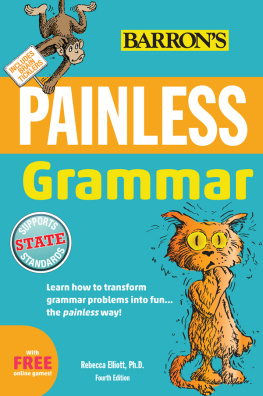
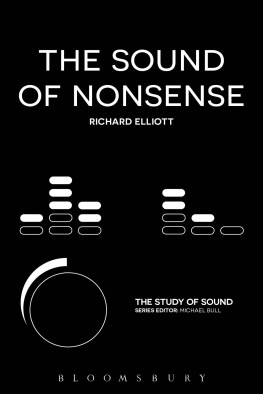
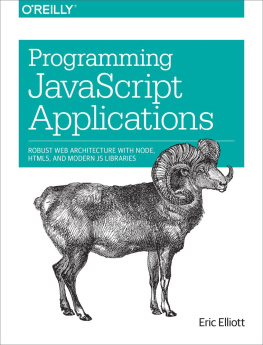
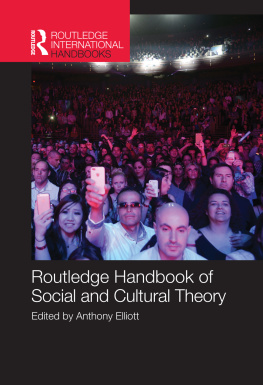
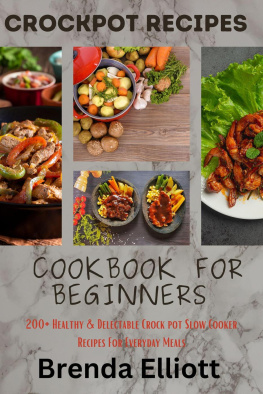




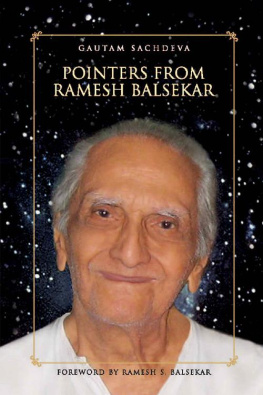
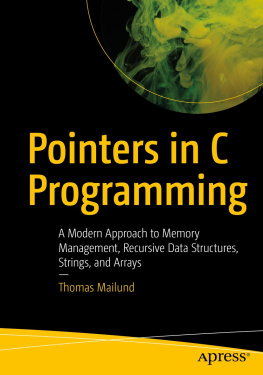

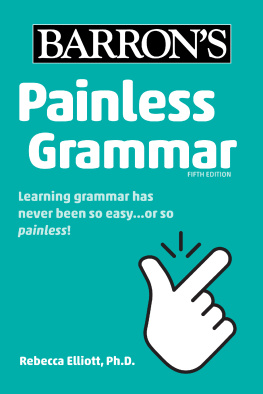

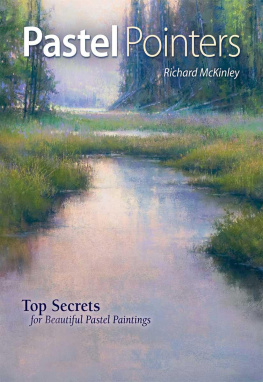
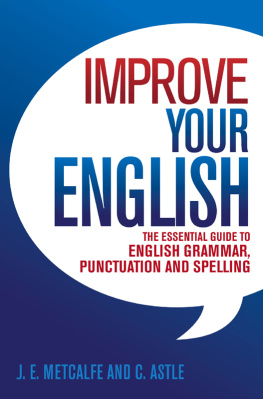
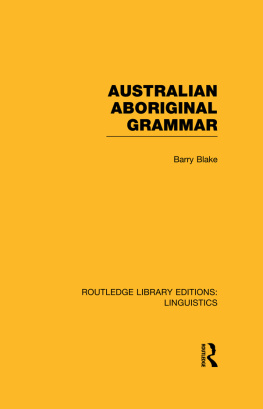
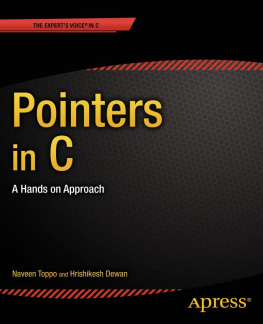
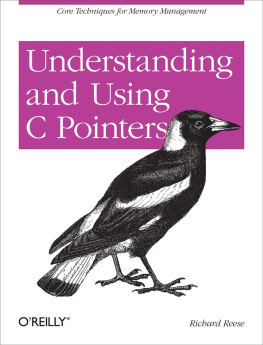
 This book is for Josh
This book is for Josh Ranks and titles, but only when used right before a particular persons name CAPS: This is Doctor Smith, this is Aunt Anne, and that man is General Bradshaw. NO CAPS: That man is my doctor, that woman is my aunt, and that man is a general in the army. CAPS AND NO CAPS: Our beloved Principal Valentine announced that all teachers and principals in our city get next week off! What about the president? Many people think the word president (or pope or queen ) is so important that they capitalize it all the time. To some people this may look respectful, but to many others it looks unnecessary or even wrong.
Ranks and titles, but only when used right before a particular persons name CAPS: This is Doctor Smith, this is Aunt Anne, and that man is General Bradshaw. NO CAPS: That man is my doctor, that woman is my aunt, and that man is a general in the army. CAPS AND NO CAPS: Our beloved Principal Valentine announced that all teachers and principals in our city get next week off! What about the president? Many people think the word president (or pope or queen ) is so important that they capitalize it all the time. To some people this may look respectful, but to many others it looks unnecessary or even wrong.